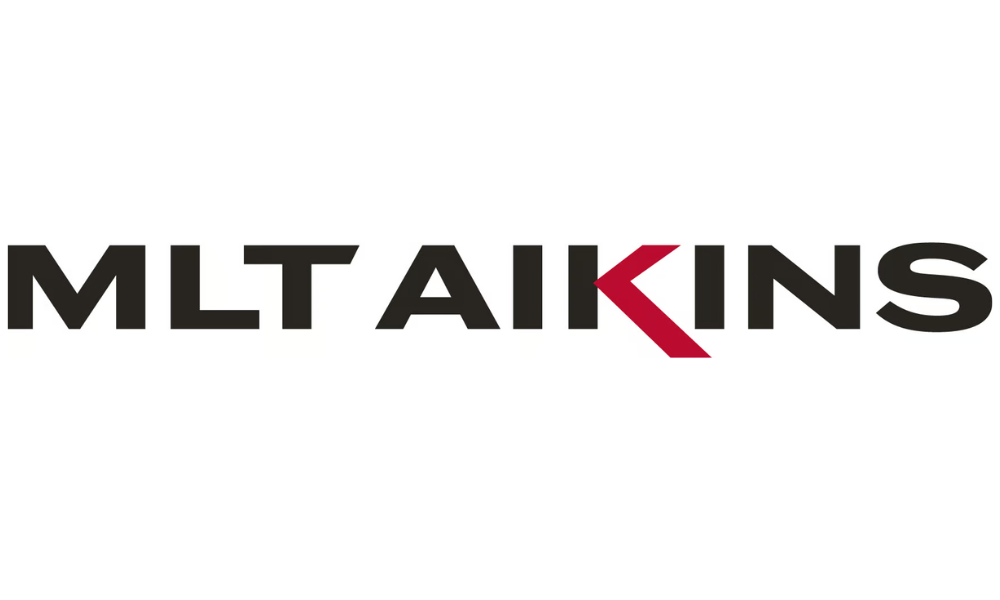Investing in a renewable energy project presents an exciting opportunity – but it also involves navigating a web of legal and regulatory complexities. Thorough due diligence is critical to uncover potential risks, mitigate liabilities and confirm the project’s feasibility. Without it, the consequences can be severe.
This article provides a high-level look at the regulations that may affect a renewable energy project in Canada, and offers key considerations for conducting due diligence and selecting professional advisers.
The legal and regulatory landscape in Canada
Electricity markets in Canada are primarily regulated by provincial governments, meaning that the legal and regulatory requirements relating to renewable energy projects will vary from province to province.
As a brief summary, power generation in eight of the ten Canadian provinces is primarily handled either by vertically integrated utilities (which are government owned in the case of five provinces, and privately owned in the case of two provinces) or a non-vertically integrated Crown corporation (in the case of Newfoundland). In Ontario, a hybrid model allows for power generation by private parties (although roughly half of the province’s electricity is still generated by a government-owned entity), while Alberta’s fully deregulated market also allows for power generation by private parties.
Among the provincial laws which may apply to renewable energy projects in each province are environmental laws. The application of environmental laws can change the requirements and restrictions relating to the development and construction of renewable energy projects depending on the specific environmental features of the project site. For example, developers may be restricted from building too close to wetlands or animal habitats. As a consequence of this, different requirements and restrictions may apply to two projects even if those projects are located in the same province.
In addition to provincial requirements, certain federal and municipal laws and regulations can also apply to a renewable energy project. For example, certain approvals from Transport Canada or NAV Canada may be required for some projects. On top of this, where a renewable energy project is intended to be developed on First Nation reserve lands, laws relating to the protection of Indigenous rights generally apply.
In summary, the applicability of various federal, provincial and municipal laws/regulations can result in different requirements and restrictions from project to project. Even two projects located right next to each other may not be subject to the exact same requirements/restrictions. As the legal and regulatory requirements can change depending on the exact location of a project, it is important for investors — and their advisers — to understand all of the applicable laws and regulations that will apply to any given project.
This understanding of all applicable laws/regulations is critical in ensuring that the due diligence carried out on any given project is fully and properly scoped, which in turn ensures that the investor is apprised of all of the potential risks relating to the acquisition of that project.
Scope of due diligence for renewable energy projects
Seasoned investors may be familiar with the extent of due diligence that is typically carried out when acquiring a business in a mergers and acquisitions (M&A) transaction. Through the due diligence process, investors and their professional advisers will carry out various investigations relating to the business and/or assets being acquired in order to flag and assess any risks/issues, and make informed decisions relating to those risks/issues.
The scope of legal and regulatory due diligence that is carried out as part of these transactions typically calls for specialized industry knowledge. For example, where a transaction involves the acquisition of a commercial office building, it is important for advisers to have knowledge of real estate laws, experience with commercial leasing, and so on.
Similarly, due diligence relating to the acquisition of a renewable energy project requires specialized knowledge of the renewable energy industry. On its face, the acquisition of a renewable energy project may look similar to other types of acquisitions, as there are certain features that are common among the acquisition of any land-based business (such as title reviews, lease reviews, zoning compliance, construction matters, etc.). However, when it comes to due diligence, legal and regulatory requirements set renewable energy projects apart from other businesses. Depending on its location, a renewable energy project can be subject to several additional laws and regulations, including industry-specific requirements relating to environmental protection, water management, protection of wildlife and — in Alberta — the preservation of “pristine viewscapes.”
In the due diligence process, an understanding of the laws and regulations applicable to renewable energy projects is critical, as these laws and regulations dictate the various permits, licenses, approvals and agreements that a project developer must obtain before construction of a renewable energy project can commence (or be completed). It is not uncommon for vendors to market/sell a project before all of the required permits, licenses, approvals and agreements have been obtained for that project (i.e. before the project is “ready to build”). This shifts the onus onto investors to determine what is still outstanding and whether any outstanding items can actually be obtained before applicable deadlines.
The consequences for not carrying out sufficient due diligence can be severe. Without proper due diligence, an investor may unknowingly acquire a project that carries significant liabilities. Missing permits, licenses, approvals and agreements can also lead to significant delays in construction/operation or require further substantial investments into the project. And most severely, missing permits, licenses, approvals and agreements can result in the project not meeting certain permitting and/or construction deadlines, which can be fatal to the project.
In short, it is vital that an investor looking to acquire a renewable energy project uses professional advisers with intimate knowledge of these laws and regulations to ensure that due diligence related to the acquisition is fully and properly scoped.
Acquiring a renewable energy project can be a highly rewarding investment, but it comes with a complex set of legal and regulatory challenges. Conducting thorough legal and regulatory due diligence is essential to identifying potential risks, avoiding liabilities and ensuring the viability of the project. To that end, investors should select professional advisers with specific industry knowledge to ensure that this due diligence process is comprehensive and effective.
Note: This article is of a general nature only and is not exhaustive of all possible legal rights or remedies. In addition, laws may change over time and should be interpreted only in the context of particular circumstances such that these materials are not intended to be relied upon or taken as legal advice or opinion. Readers should consult a legal professional for specific advice in any particular situation.
***
 Kevin Mehi is a corporate/commercial lawyer with a practice focused on energy matters and other transactional matters.
Kevin Mehi is a corporate/commercial lawyer with a practice focused on energy matters and other transactional matters.





